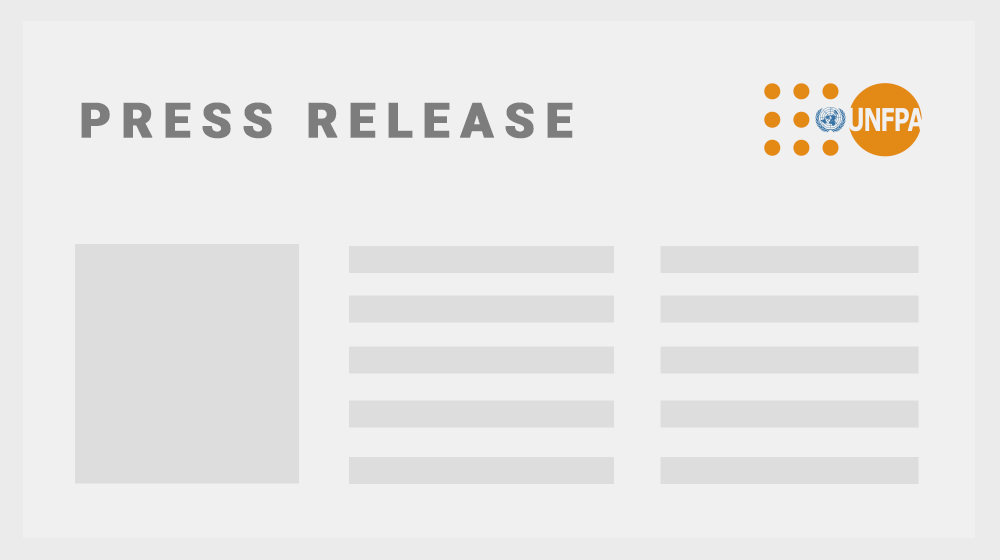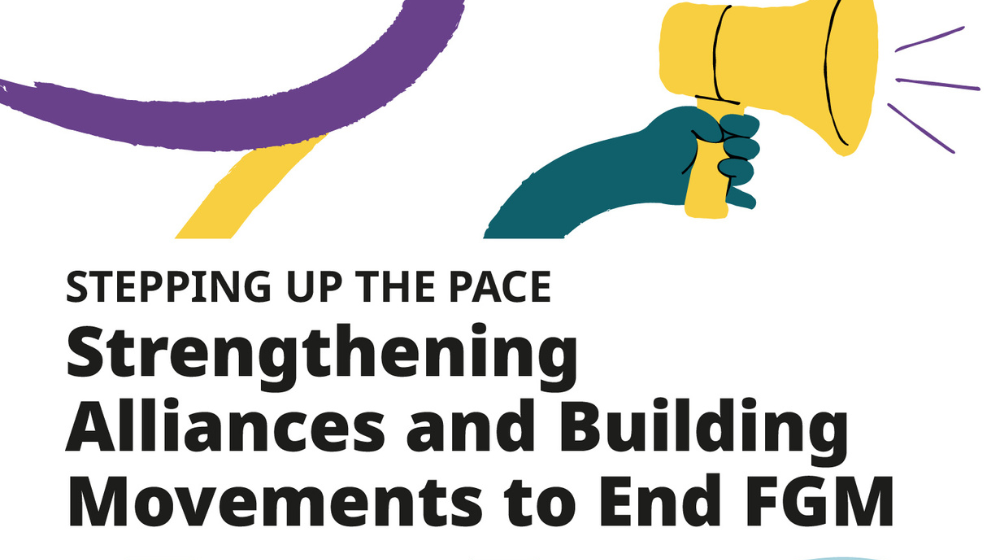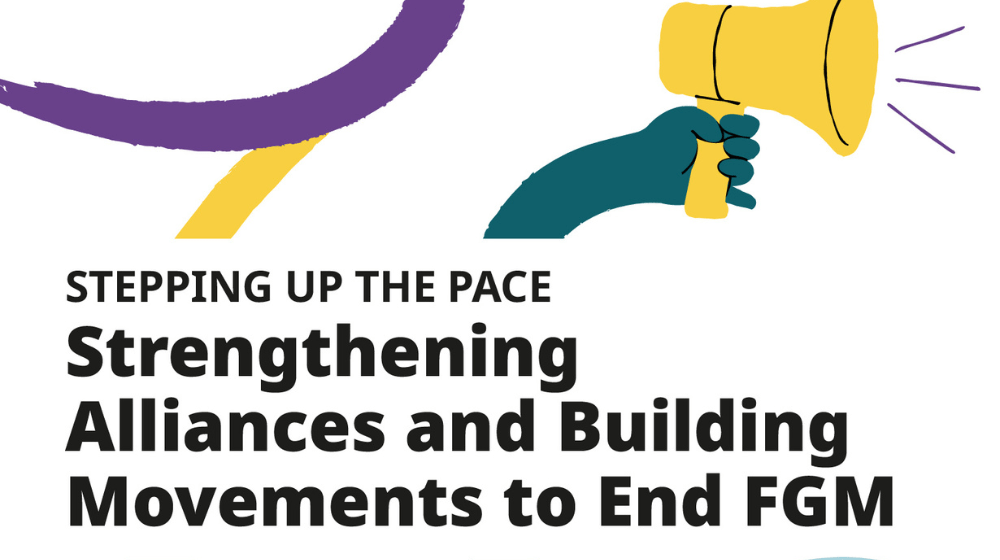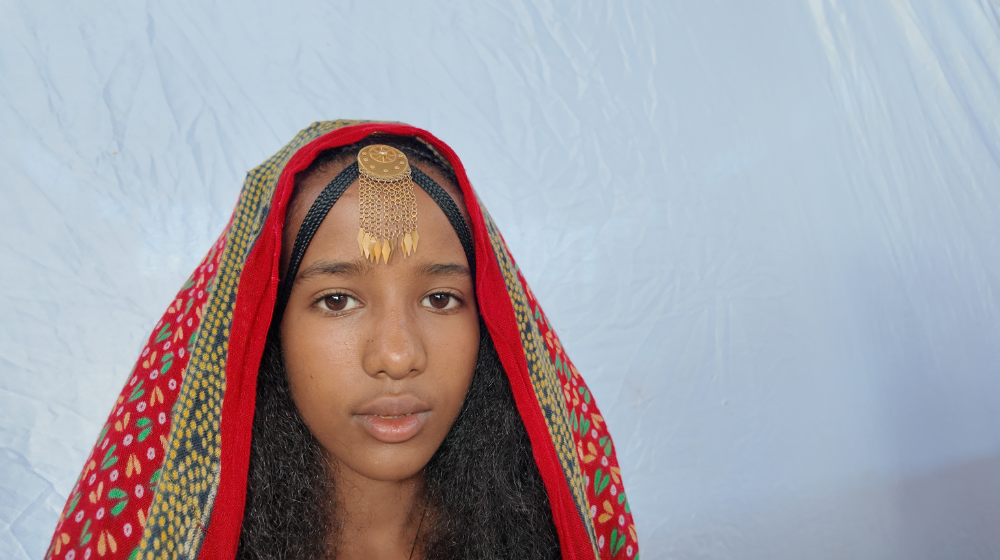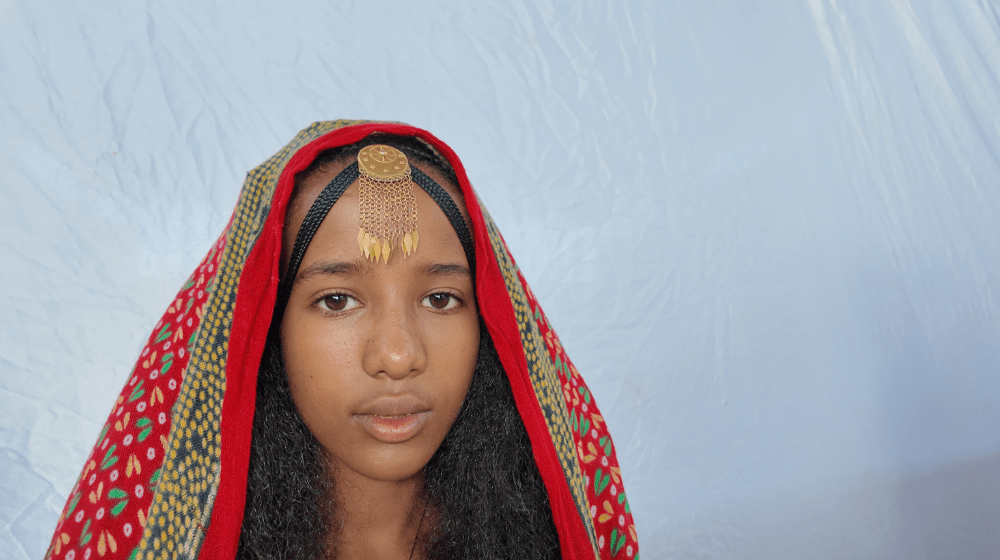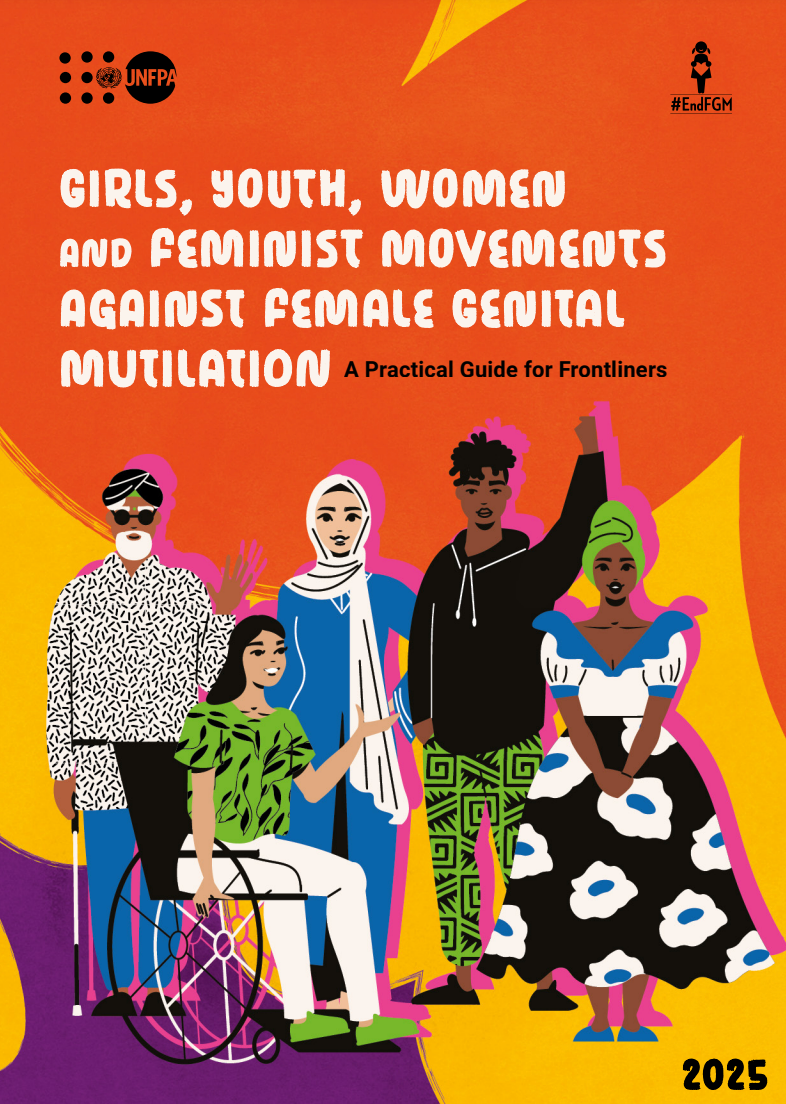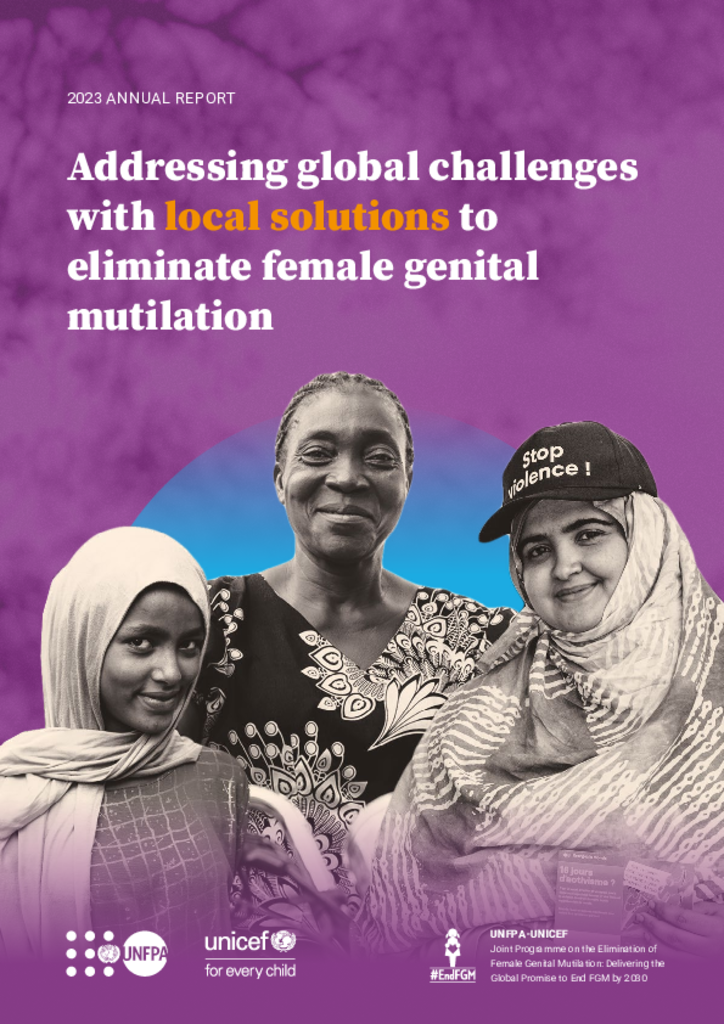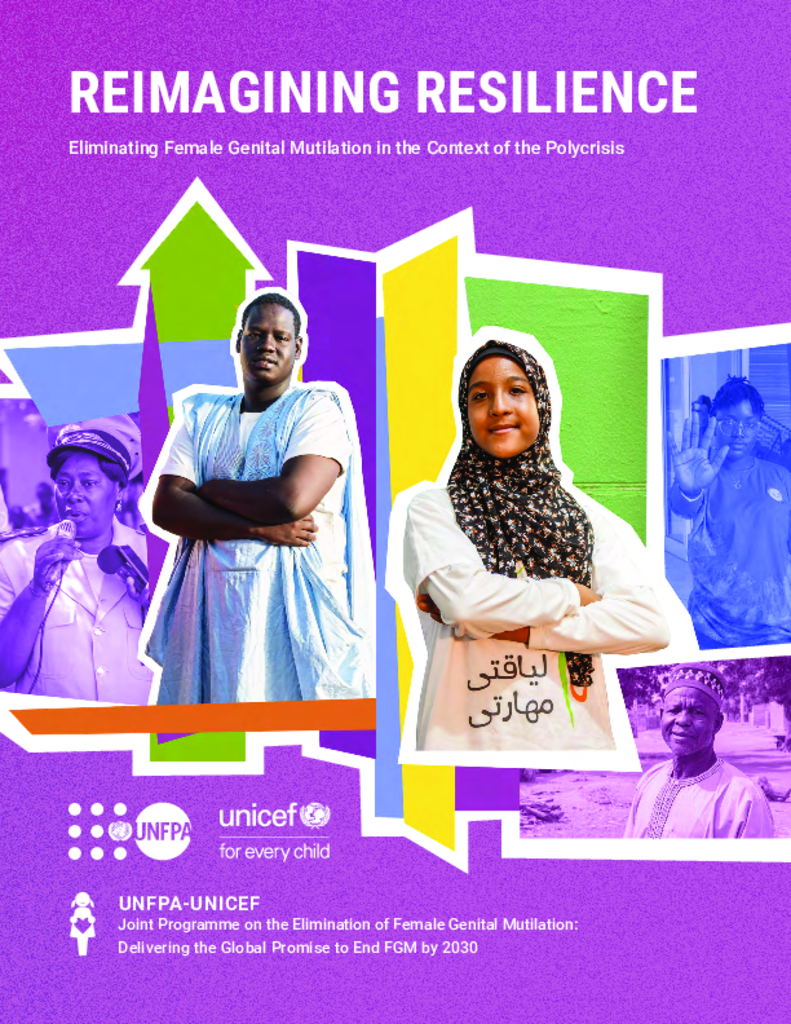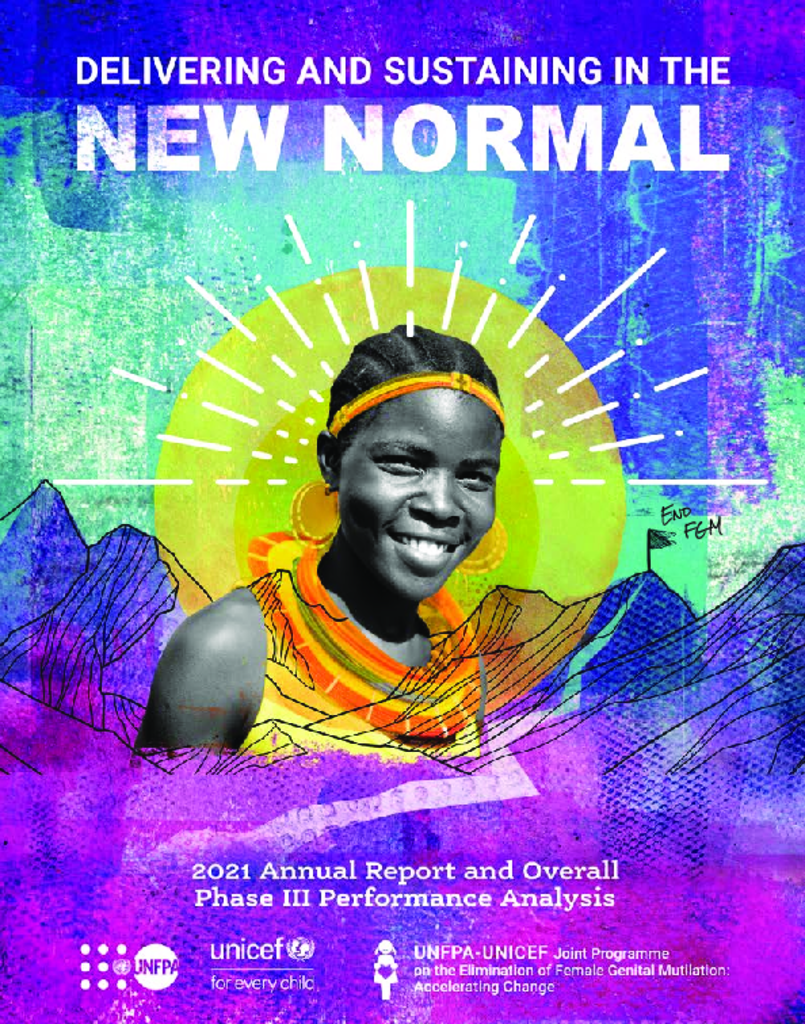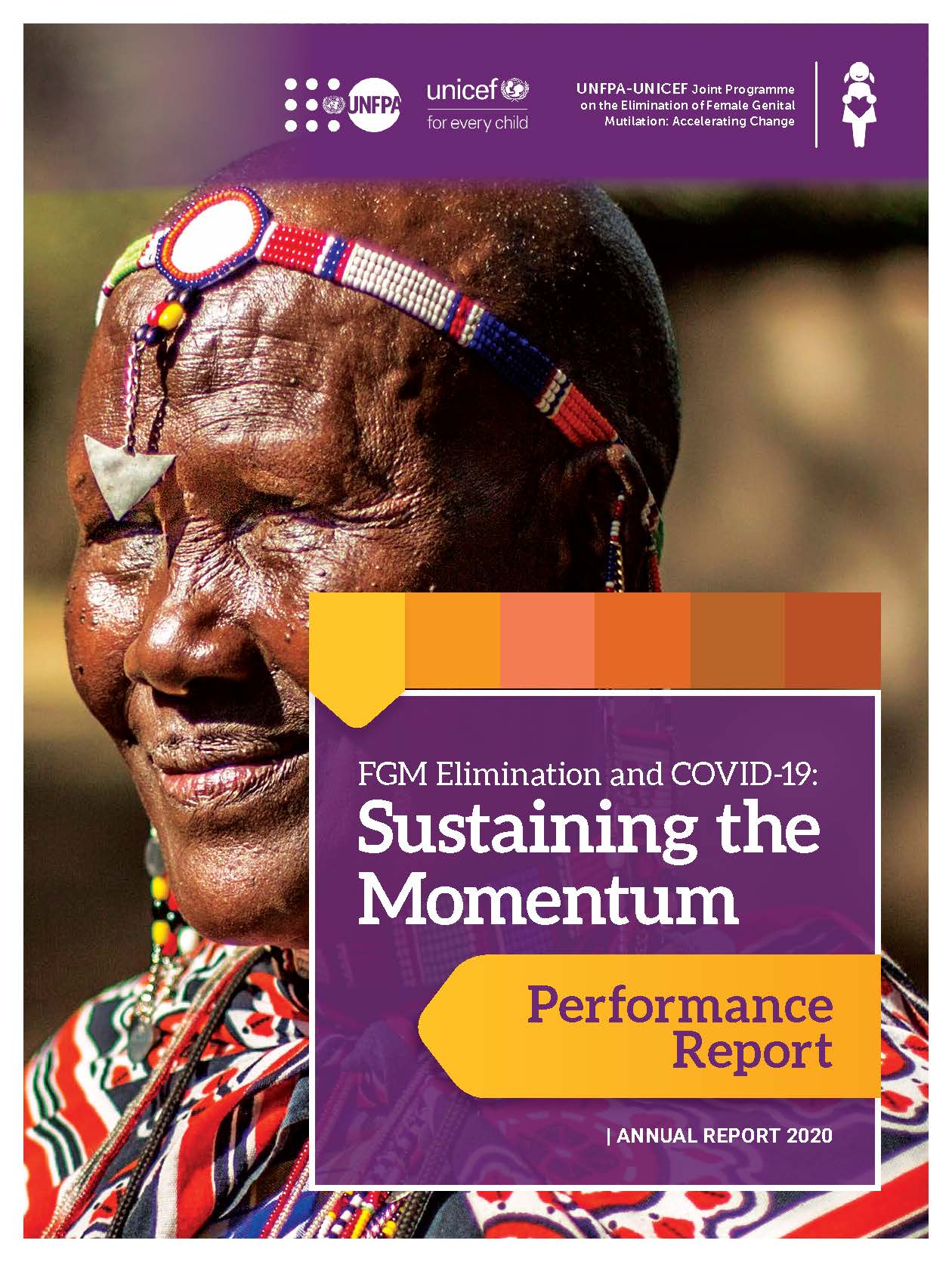What is the Joint Programme on the Elimination of FGM?
UNFPA, in partnership with UNICEF, leads the largest global programme to accelerate the elimination of female genital mutilation (FGM) in 18 countries in Africa and Asia: Burkina Faso, Djibouti, Egypt, Eritrea, Ethiopia, The Gambia, Guinea, Guinea-Bissau, Indonesia, Kenya, Mali, Mauritania, Nigeria, Senegal, Sudan, Somalia, Uganda and Yemen.
The Joint Programme’s interventions are designed and implemented in close collaboration with governments, national and grassroots community organizations, and other key stakeholders. They are evidence-based and draw on technical support from UNFPA and UNICEF.
The Joint Programme, launched in 2008 and now in its fourth phase (2022–2030), focuses on fostering accelerated, collaborative action across all levels (grassroots, communities, subnational, national, regional and global) and all relevant sectors (social, education, health, religious, economic, political). This collaborative and multifaceted approach aims to shift underlying social norms within affected communities through movement building and strengthening of systems in partnership with governments, non governmental organizations and the private sector.
Why Get Involved?
FGM is a violation of human rights and is never safe, with immediate health risks that can span a lifetime, including chronic pain, infections, increased risk of childbirth complications and psychological trauma.
Ending this harmful practice is an achievable Sustainable Development Goal to safeguard and protect the 68 million girls and women at risk. Your involvement can take many forms, from advocacy and policy making to providing financial support or implementing interventions on the ground. By participating in this global movement, you can contribute to ending FGM and creating a world where every girl and woman lives free from violence and discrimination.
Top 10 achievements so far
-
girls aged 0 to 14 years were protected from undergoing FGM
-
women and girls have initiated conversations on FGM elimination
-
people made public declarations to abandon FGM
-
communities established surveillance systems to protect girls from undergoing FGM
-
individuals were reached by mass media messaging on FGM
-
grassroots organizations have been integrated into coalitions and networks working on the elimination of FGM
-
community and frontline workers from 241 implementing partners were engaged in interventions that aim to end FGM
-
girls and women received FGM related prevention and protection services
-
health service delivery points have at least one health worker trained to provide FGM-related services
-
arrests were made as part of enforcing FGM legislation
Publications and Annual Reports
Girls, Youth, Women and Feminist Movements Against Female Genital Mutilation: A Practical Guide for Frontliners
The "Girls, Youth, Women and Feminist Movements Against Female Genital Mutilation: A Practical Guide for Frontliners", a first one-stop, simple,…
Read publication2023 Annual Report of FGM Joint Programme: Addressing global challenges with local solutions to eliminate female genital mutilation
The 2023 annual report adopts a theme of “addressing global challenges with local solutions to eliminate FGM”. It focuses on engagement with women-…
Read publication2022 Annual Report of FGM Joint Programme: Reimagining Resilience
In 2022, the UNFPA-UNICEF Joint Programme on the Elimination of Female Genital Mutilation achieved significant milestones. This annual report focuses…
Read publication2021 Annual Report of FGM Joint Programme: Delivering and Sustaining in the New Normal
This report highlights achievements made in 2021 and the overall performance analysis of Phase III (2018 – 2021). It outlines the challenges and…
Read publication2020 Annual Report of FGM Joint Programme: Report on the Data and Evidence for Impact
The 2020 annual report of the global Joint Programme on the Elimination of Female Genital Mutilation presents the progress made thus far in the…
Read publicationPagination
Partnerships and funding
Partnerships are at the heart of the UNFPA-UNICEF Joint Programme’s strategy to eliminate FGM. The Joint Programme partners comprise a diverse set of multisectoral stakeholders representing governmental institutions, national and international organizations, civil society organizations, grassroots organizations, women's groups, youth-led initiatives, academia and frontliners, all working in tandem to end this practice. These partnerships are at global, regional, national and subnational levels working to create an enabling environment for change, ranging from policy-making to community-level and grassroots interventions, building a world where girls and women are safe, empowered and free to live their lives without the threat of FGM.
The Joint Programme’s funding partners provide the financial support to sustain and scale up initiatives that aim to accelerate and catalyze social-norm change. In the current fourth phase, the Joint Programme is generously funded by the Governments of Belgium, Canada, France, Germany, Iceland, Italy, Luxembourg, Norway, Spain, Sweden, the United Kingdom, the United States of America and the European Union. However, there is a need to mobilize additional financial resources and scale up interventions to be able to realize the global target of eliminating FGM by 2030.

